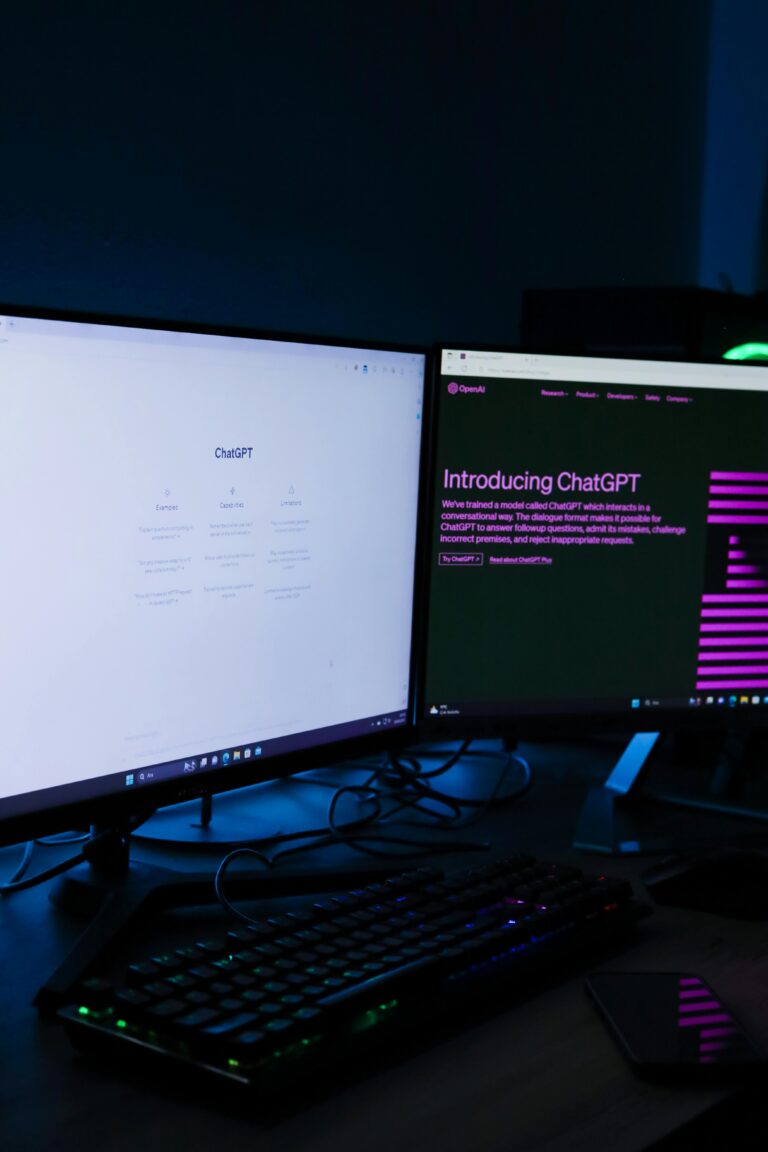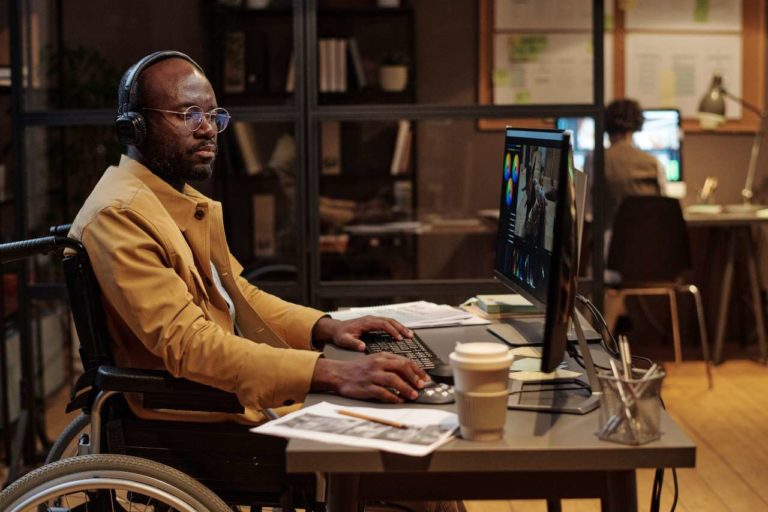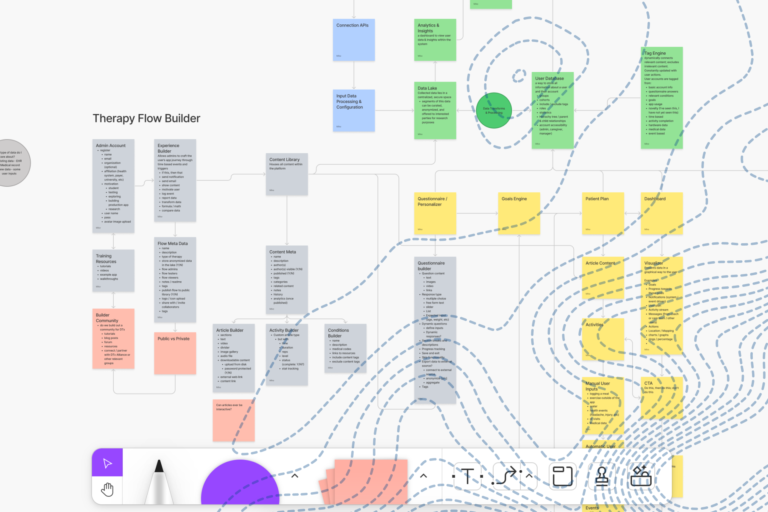In 2007, the United Nations General Assembly established February 20th as World Day of Social Justice. The day has a different theme each year, drawing attention to specific issues related to unemployment, poverty, inequality, human rights, and various other global social challenges. The theme for 2022 is Achieving Social Justice Through Formal Employment. From the UN page on the topic:
More than 60 per cent of the world’s employed population, that is 2 billion women, men and youth, earn their livelihoods in the informal economy. The COVID-19 pandemic has put a spotlight on the vulnerability of workers in the informal economy. Informal workers, who often lack any form of social protection or employment-related benefits, are twice as likely to be poor compared to formal workers. Most people enter the informal economy not by choice, but due to lack of opportunities in the formal economy.
Arcweb’s team is composed almost entirely of Philadelphia metro area employees, so I can’t say we have much exposure to the informal economy, but we have been thinking a lot about social justice over the past couple of years and would like to do something about that “lack of opportunities” part. In general, we’re a team of people that believe business can, and should, be a force for positive change—so as 2022’s World Day of Social Justice rolls around, we’re asking ourselves what role we might have to play. What can we do to make an impact?
A good place to start is to just give time and resources to just causes. In recognition of National Philanthropy Day, I wrote a piece reflecting back on some of the things we’ve done to support our communities. Arcweb will continue to participate in these kinds of philanthropic activities and they certainly have an appreciable impact in the moment and beyond, but I can’t help but feel that volunteering is just a dipping of toes into the social justice waters.
Wading a little deeper, most companies with a diversity, equity, and inclusion initiative do something to address their talent acquisition pipeline. Software engineering and tech in general are fields dominated by white men, so it’s no surprise that Arcweb doesn’t benefit from an abundance of diversity—yet. We’re convinced that diverse perspectives yield better outcomes, no matter the objective or task at hand, so how do we effect that change? We recognized early that the effort had to be directed at making the pool of candidates more diverse. By the time we’ve screened, interviewed, and evaluated our final candidates, it’s too late. If those top candidates are all white men, then we’ve failed.
Candidly, we’ve still got a lot of work to do to make this process better. Finding experienced, high quality candidates in the tech field these days is challenging enough without expending any effort to diversify the selection pool, but we know it’s within our power to break down the access barriers that underrepresented communities face.
Our relatively small size, project time and budget constraints, and the complexity of the work we deliver to clients all conspire to necessitate us hiring primarily the most senior and experienced professionals. Since underrepresented communities have historically faced barriers to even enter the tech industry, you can see our conundrum. We’ve got to fundamentally rethink the way we deliver value and figure out how to foster growth and success in the communities we want to draw more of our employees from. While we continue working towards increasing the number of well-paying tech jobs for vulnerable populations, there’s an even bigger impact we’ve started to imagine we could make.
As I was doing research for this post, I came across an interesting question that resonated with me—because it not only was relevant to social justice, but also to strategic planning efforts I’ve been engaged in lately. To paraphrase:
Which issues lie at the intersection of your company’s mission and the unmet needs of your community?
Arcweb builds digital products and we’re really good at it. Our process is heavily rooted in collaborative and participatory user experience design. Figuring out the target audience’s unmet needs is what we do. What if we built something that could make a real difference, serving those marginalized people deserving some social justice? We’ve got some ideas about aligning the goals of our company, our clients, and our communities in ways that are just… well, just.
Stay tuned. And if you are committed to driving advancements in social justice as well, give us a call. We’re all in this together.



